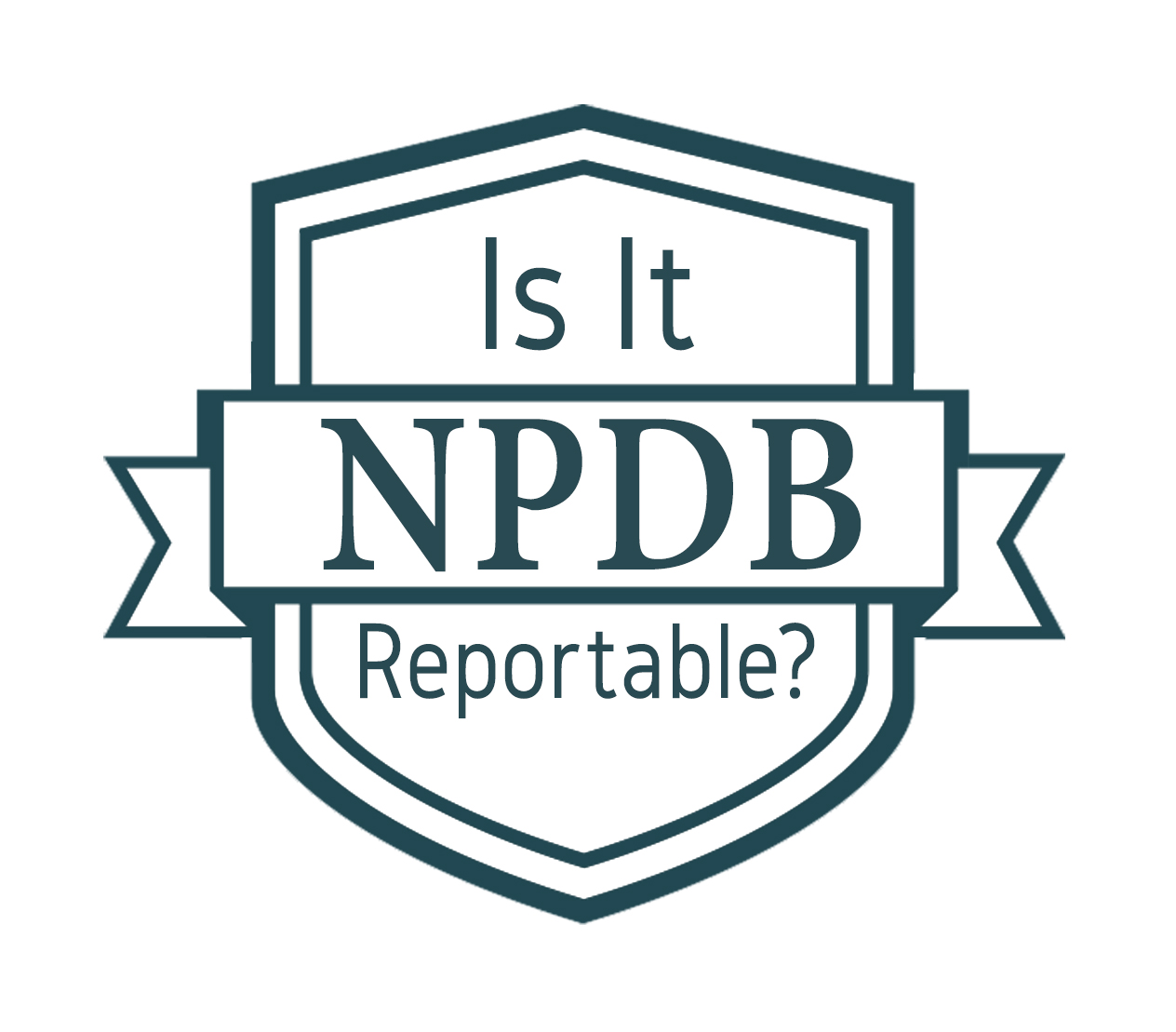NPDB Insights - September 2021
 NPDB to Change Query Fees October 1st
NPDB to Change Query Fees October 1st
Beginning October 1, 2021, the cost of a 1-year enrollment in Continuous Query will be $2.50. A One-Time Query will also be $2.50. Both are being increased from their current price of $2.00.
Although the price of new credits will also go up to $2.50, credits purchased prior to 10/1 will NOT expire and each credit is still good for a single Continuous Query enrollment or One-Time Query.
In addition, the cost of a Self-Query will be reduced from $4.00 to $3.00. However, as Self-Query results are now digitally certified, the NPDB will no longer automatically provide a mailed paper copy of Self-Query results. The additional fee for each mailed paper copy, which must be ordered at the time the Self-Query is submitted, will be $3.00.
If you or your organization provides instructions to health care practitioners regarding Self-Queries, please update your instructions to reflect these changes. As a reminder, we encourage eligible entities to query the NPDB directly for authentic and current results, rather than requesting applicants to supply their own Self-Query.
For more information, see the Federal Register notice of July 21, 2021.

Is It Reportable?
If a physician's initial application for clinical privileges is denied or the privileges granted are more limited than those requested, must this be reported to the NPDB?
If the denial or limitation of privileges is the result of a professional review action and is related to the practitioner's professional competence or professional conduct, then the action must be reported to the NPDB. If the denial or limitation of privileges occurs solely because a practitioner does not meet a health care institution's established eligibility threshold criteria for that particular privilege (e.g., lacks the required number of clinical hours in a specialty), it should not be reported to the NPDB. The latter type of restriction or denial is not deemed the result of a professional review action relating to the practitioner's professional competence or professional conduct.
What Can Be Disputed?
When the NPDB receives a report, it notifies the subject of the report and instructs the subject to review the report for accuracy.
The report subject has the option to add a subject statement and/or dispute a report at any time. A statement allows the subject to provide an interpretation of the events surrounding the report or respond to the report's merits. Subjects may enter reports into Dispute Status for the following reasons:
- They disagree with the factual accuracy of the report, or
- They believe the report was not submitted in accordance with NPDB reporting requirements, including the eligibility of the entity to report the information to the NPDB
Entering a report into Dispute Status does not automatically trigger a review of the report by the NPDB. A report will be reviewed only when the subject of the report formally requests Dispute Resolution. The subject may place the report into Dispute Resolution only after the report has been in Dispute Status for 60 days and the subject has tried to resolve the dispute with the reporting entity (listed in Section A of the report). If, during the 60-day wait, the reporting entity tells the subject in writing that it won't correct or void the report, the subject can ask for immediate elevation.
There are certain limitations to Dispute Resolution, which can determine only:
- Whether the report accurately depicts the action taken as reflected in the written record provided by the reporting entity
- Whether the report was submitted in accordance with NPDB reporting requirements, including the eligibility of the entity to report the information to the NPDB, or
- Whether the reporter's basis for action is reflected in the written record provided by the reporting entity
Dispute Resolution does not review:
- The underlying reasons for the report, such as the merits of a medical malpractice claim or the appropriateness of, or basis for, the report, or
- The extent to which entities followed due process procedures (due process issues must be resolved between the subject and the reporting entity)
See the Dispute Process section of the NPDB Guidebook for more information on the legal limitations of Dispute Status and Dispute Resolution.
For more information about the dispute process, check out our What if I Disagree with My Report? infographic.
Update to User Password Requirements

Recently, the NPDB implemented new password requirements for user accounts.
- Passwords need to be changed after 55 days
- Passwords must have a minimum of 15 characters
- Passwords no longer need to include at least one of: a lowercase letter, uppercase letter, special character, or number
These password updates are in effect only for newly created passwords. You can continue to use your current password until it expires.
As a reminder, passwords should not contain:
- Personally identifiable information (such as your user ID, first name, or last name)
- Personally-connected words or numbers (such as pet names, birthdays, phone numbers, or addresses), or
- Continuous sequences of letters or numbers as they appear on the keyboard (such as 1234qwerASDF)
To create strong passwords, use a phrase that is easy for you to remember but difficult for others to guess. Make your password even stronger by adding numbers or special characters.
For additional information, visit our How to Manage User IDs and Passwords page.
The latest updates and resources are available at https://www.npdb.hrsa.gov.
Previous editions of NPDB Insights are available in our archive.
 An official website of the United States government.
An official website of the United States government.


